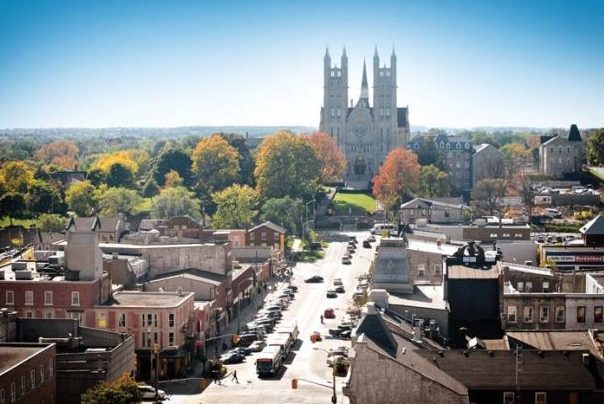Higher tax revenues help boost B.C.’s bottom line
Posted Nov 29, 2016 03:22:00 PM.
Last Updated Nov 29, 2016 10:50:11 PM.
This article is more than 5 years old.
VICTORIA – British Columbia’s finance minister says a boost in personal income tax revenue contributed to increasing the province’s bottom line for the second quarter.
Mike de Jong said income tax revenue was up by $200 million, provincial sales tax income increased by $74 million and other taxes added $17 million to the province’s coffers for the 2016-17 fiscal year.
He said the February budget called for a surplus of $264 million, but stronger-than-expected pushed the forecasted figure to $2.24 billion. The property purchase tax and a scorching real estate market helped increase the surplus.
De Jong said the surplus means the province is in a position to address the needs of people “who find themselves in the most difficult of circumstances. That is clearly going to be a priority.”
However, he said B.C. must be cautious about assuming that its surplus will continue to increase in the years to come.
“The landscape is littered with the carcasses of governments past and deficits that they incurred because assumptions were made that a present set of circumstances would repeat in perpetuity.”
The B.C. government was heavily criticized last year for balancing its budget with the help of an added fee on a bus pass for the disabled that had been free.
De Jong could not say how much it will cost the province to comply with a recent Supreme Court of Canada decision requiring the government to hire more teachers to restore smaller class sizes and limit the number of students with special needs to 2002 levels.
He said talks with the B.C. Teachers Federation are underway and the government won’t unilaterally declare how much money will be involved after being sued for introducing the now-overturned legislation.
Premier Christy Clark has said the government will put money in the next budget for the court decision, but she wouldn’t speculate on the cost, beyond the $100 million a year that has already been placed in a contingency fund in recent budgets.
A 15-per-cent foreign homebuyers tax came that into effect in August collected $36 million in revenues, down from the government’s initial projections.










